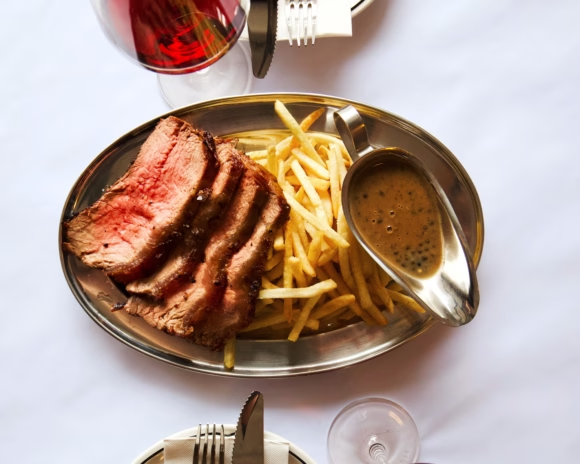Hospitality operators could see significant relief from burdensome licensing requirements under proposals gaining momentum as Australia’s government prepares for a crucial productivity summit next week.
The Business Council of Australia’s latest report has highlighted the hospitality industry’s regulatory struggles, citing the example of Victorian café owners who must secure 36 separate licences and approvals before serving their first customer – a stark illustration of Australia’s $110 billion red tape burden.
The Economic Reform Roundtable, taking place August 19-21, 2025, aims to build consensus on ways to improve productivity, enhance economic resilience and strengthen budget sustainability. The timing could not be more critical for hospitality operators grappling with complex compliance regimes that vary dramatically across state borders.
“We have become too complex a country in which to do business, and that’s a massive handbrake on our ability to lift productivity and living standards,” said Business Council CEO Bran Black, whose organisation is pushing for a 25% reduction in regulatory costs by 2030.
The hospitality sector faces particular challenges from fragmented trading hours regulations and licensing requirements that differ between locations. The government’s roundtable agenda specifically includes “cutting red tape without lowering standards” and “leveraging technology and artificial intelligence” as key productivity measures.
For hospitality operators, the proposed reforms could mean streamlined liquor licensing, simplified food safety certifications, and harmonised trading hours across states. The report from the Business Council of Australia calls for aligning compliance regimes nationwide, which could eliminate the current patchwork of regulations that force multi-location operators to navigate different rules in each jurisdiction.
The Business Council estimates that reducing red tape by just 1% could unlock $1 billion annually for the economy, with much of those savings flowing through to businesses like restaurants that face high regulatory compliance costs.
Trade groups representing nearly 30 industries are backing the push for reform, arguing that outdated regulations are stifling investment and innovation in sectors including hospitality. The coalition of business groups is calling for the first comprehensive regulatory stocktake since 2014 to identify where legacy rules are holding back modern businesses.







